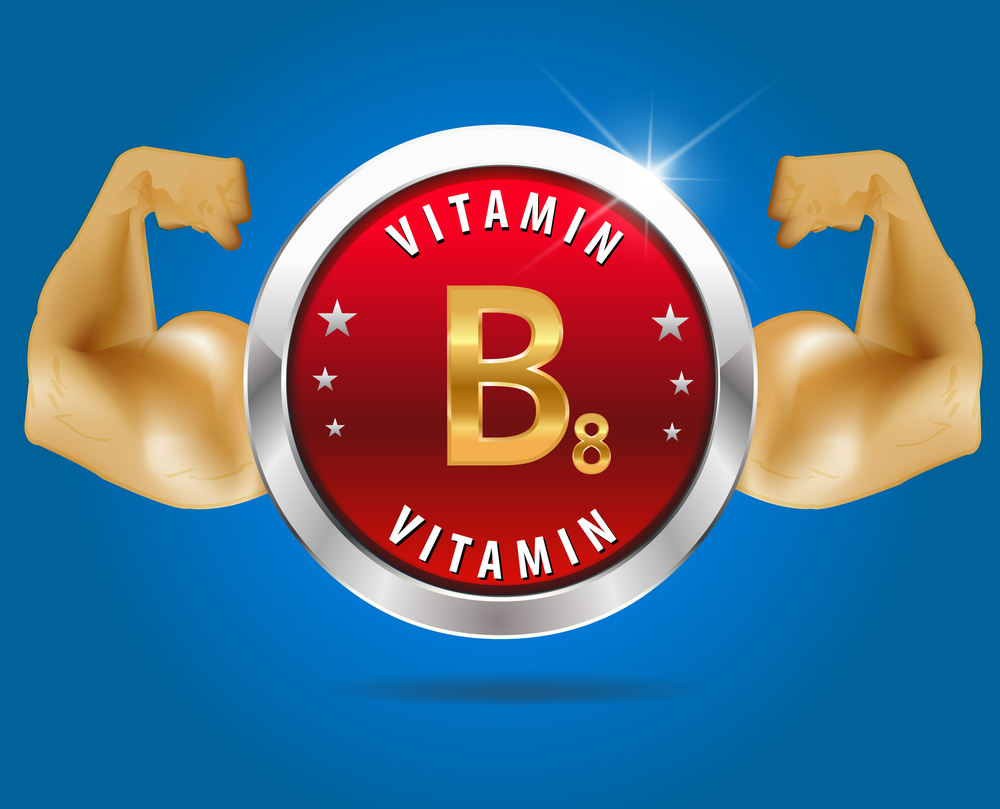Inositol also known as vitamin B8 is a form of sugar that is naturally found in the body. Your body naturally produces this vitamin, but you can also get it from certain foods. Foods that contain inositol are cantaloupe, citrus fruits, beans, brown rice, sesame seeds, wheat bran, almonds, walnuts, Brazil nuts, and peas. Inositol provides crucial structure for cells in the body. It also helps with hormone insulin as well as helps aid chemical messengers in the brain.
Health Benefits
Inositol has been shown to have a number of benefits for your health. Specifically in certain areas of health. Inositol may be beneficial for people who suffer with certain mental health conditions. Panic disorder is a severe form of anxiety. With panic disorder comes panic attacks. Symptoms of a panic attack are rapid heartbeat, shortness of breath, dizziness, sweating, and tingling. Taking inositol when having panic disorder has shown to relieve symptoms, and lower the amount of panic attacks a person may experience. It has also been shown to help with depression, playing a factor on a person’s serotonin and dopamine levels in the brain. It has also been shown that people with bipolar disorder who take inositol have reduced symptoms of mania and depression.
Metabolic syndrome is a group of risk factors that can raise your risk of conditions such as diabetes, heart disease, and stroke. Taking inositol has shown to help lower blood pressure, lower triglycerides, and lower overall cholesterol. All of these can be factors in developing one of these metabolic conditions.
Inositol has also been shown to be helpful with people who have PCOS, poly cystic ovarian syndrome. PCOS is a hormone disorder. It affects women and can cause symptoms such as infertility, irregular periods, acne, weight gain, or excessive hair. Taking a daily dose of inositol can help improve symptoms, lower blood sugar, reduce blood pressure, lower triglyceride levels, and promote ovulation. Inositol can help normalize hormonal balances which can help all of the symptoms that are associated with PCOS.
Inositol can also help lower the risk of gestational diabetes and preterm birth. Especially when paired with taking folic acid. Inositol has shown to be helpful with respiratory distress syndrome in preterm infants who have underdeveloped lungs at birth. It can help with type 2 diabetes in aiding with blood sugar control. People with obsessive compulsive disorder, OCD, have seen reduced symptoms. There are some studies that it can also help people who suffer from post traumatic stress disorder.
Dosage & Side Effects
The FDA has claimed that inositol is generally safe for anyone to consume. Though it is deemed generally safe when taking more than 12 grams of inositol a day people have seen adverse side effects. Side effects that can occur are abdominal pain, nausea, flatulence, diarrhea, headaches, dizziness, or difficulty sleeping. To avoid getting side effects it is normal to start with smaller doses or just one dose a day and work up to the normal dosage. It is suggested to take this type of supplement with food as well to help stop gastrointestinal side effects.
Inositol in supplement form is called myo-inositol, D-chiro-inositol, or inositol hexaphosphate. The two most common forms are myo-inositol and D-chiro-inositol. Here are some recommended dosages of inositol in supplemental form based on the reason for taking it.
- For mental health the recommended dose is 12-18 grams of myo-inositol per day for 4-6 weeks.
- Taking for PCOS, 1.2 grams of D-chiro-inositol or 2 grams of myo-inositol along with 200 mcg of folic acid, two times a day for 6 months.
- Recommended dosing for metabolic syndrome is 2 grams of myo-inositol two times a day for one year.
- To help control blood sugar and help with gestational diabetes the dose is 2 grams of myo-inositol with 400 mcg of folic acid two times per day during pregnancy.
- For helping with type 2 diabetes the daily dose is 1 gram of D-chi-inositol along with 400 mcg folic acid once a day for 6 months.
Long term usage of inositol is unclear on whether it is safe and effective. These are just general dosing recommendations. For actual dosing it is best to speak with a doctor for your specific condition.
Purium Products That Contain Folic Acid
Takeaway
Inositol taken in small doses less than 12 grams a day have shown to have little to no side effects on people. It may benefit people with metabolic syndrome, PCOS, mental health conditions, or lower cholesterol. You can find inositol in foods such as meat, fruit, corn, beans, grains, and legumes. It is also found in supplemental form, either in a capsule or powder. The two common supplemental forms are called myo-inositol and D-chiro-inositol. It seems to be generally safe for most people.
Inositol or vitamin B8 can help your mental wellbeing and your physical wellbeing. Are you getting enough? #HealthSurgeon
Sources:
https://my.clevelandclinic.org/health/drugs/25173-inositol
https://www.healthline.com/nutrition/inositol#bottom-line
https://www.verywellmind.com/inositol-what-should-i-know-about-it-89466
https://www.medicalnewstoday.com/articles/inositol#summary
https://www.ncbi.nlm.nih.gov/pmc/articles/PMC9159559/









